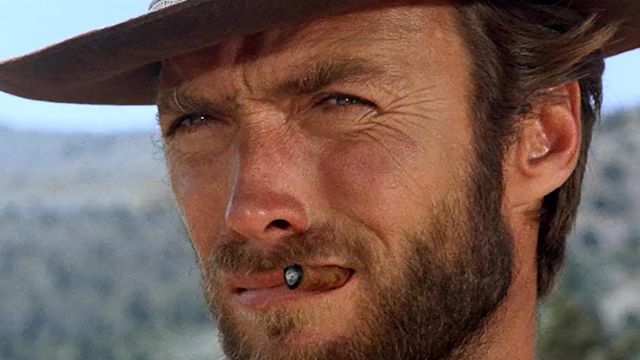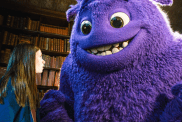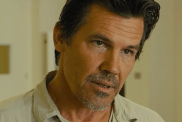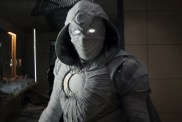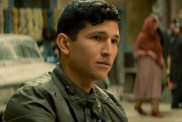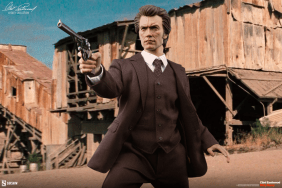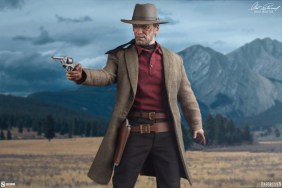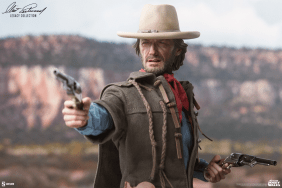Ennio Morricone has been composing film scores since the 1950s. He did some of his best work when his career intersected with director and fellow Italian Sergio Leone. The duo collaborated on a number of Italian-made American western genre films we now call “spaghetti westerns.” He has also worked with some of the foremost American directors of the last half-century, including Brian De Palma, Terrence Malick, John Carpenter, and Quentin Tarantino. In spite of his undeniable talent as a composer, he did not win his first Academy Award until 2016. He was honored for the score he provided Quentin Tarantino’s The Hateful Eight. Indeed, he is a true talent worthy of recognition. Here are ten of the best films for which Ennio Morricone has provided the score.
A Fistful of Dollars (1964)
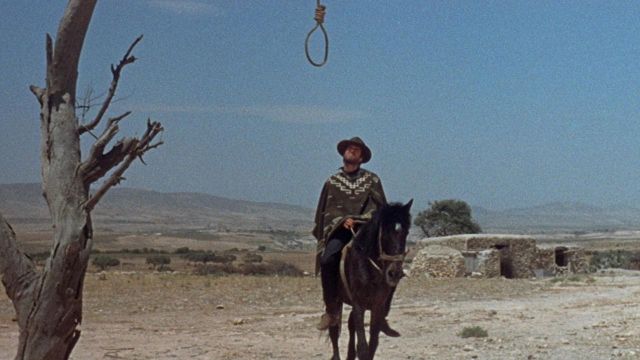
A Fistful of Dollars is a loose adaptation of legendary Japanese director Akira Kurosawa’s Yojimbo, which stars Toshiro Mifune as a wandering ronin who finds himself in a town torn asunder by dueling gangs. A Fistful of Dollars is also the first of a trilogy of Sergio Leone-directed spaghetti westerns. It is colloquially known as the Dollars Trilogy or the Man With No Name Trilogy. Clint Eastwood stars as the unnamed gunslinger. It is a thrilling film with an incredible score by Morricone.
For A Few Dollars More (1965)
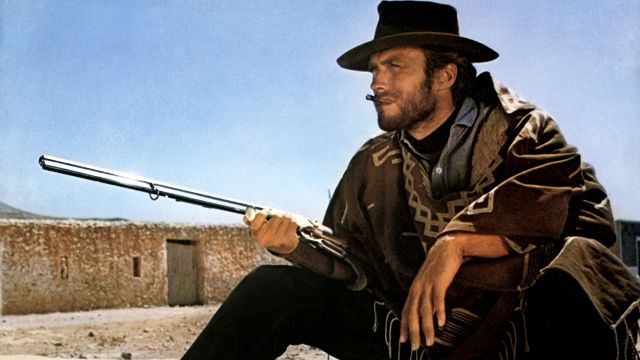
Though Akira Kurosawa’s Yojimbo does indeed have a sequel — called Sanjuro — its plot is quite different from the sequel of Leone’s English-language Yojimbo analog. Eastwood reprises his role as the nameless protagonist. In the film, he must join forces with another slick bounty hunter to track down a wanted outlaw together. With no small part due to Morricone, it has become a classic of the American western genre, like the films that bookend it.
The Good, the Bad and the Ugly (1966)

Leone’s incredible trilogy ends with what may very well be the best entry. It is a sprawling film in which the title characters are all racing to find buried Confederate treasure. However, the trio must each fight their way through the unforgiving desert, the American Civil War and each other to get their respective hands on it. The Good, the Bad and the Ugly is a gorgeous ride — like its predecessors — and features not only two of Morricone’s best compositions but two of the best compositions in the history of the American western genre.
Once Upon A Time in America (1984)
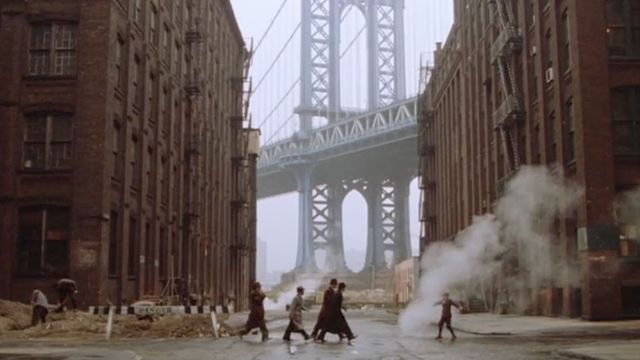
In the minds of many, Leone’s Once Upon A Time in America rivals even The Godfather and Goodfellas as the best mob film ever made. All art is subjective, of course, but it certainly gives its cohorts a run for their money. It is a sprawling meditation on the passage of time and tells the story of a Prohibition-era mobster looking back from decades later. Robert de Niro is wonderful as the film’s star and Morricone once again creates a homerun score to boot.
The Thing (1982)
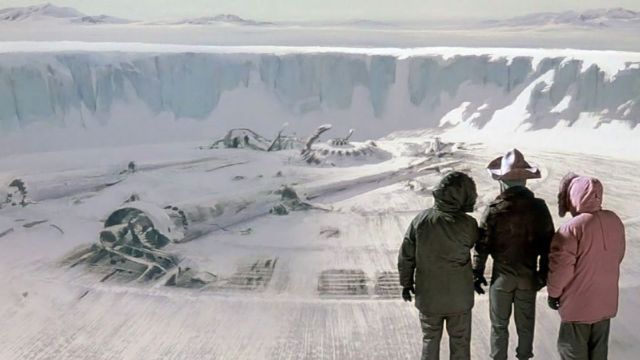
Morricone’s score for John Carpenter’s The Thing is tense. It’s very tense. And it captures the tone of the movie itself perfectly. On an isolated Antarctic outpost, a crew of Americans is torn apart — both metaphorically and physically — by an extraterrestrial. It can copy precisely any living organism, and no one is capable of trusting one another. It is a marvel of filmmaking in general and of practical effects especially. Though Carpenter is best known by many for creating the Halloween franchise, The Thing may be his magnum opus.
Once Upon A Time in the West (1968)
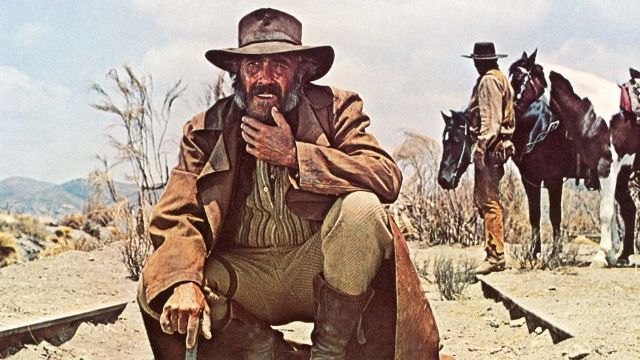
With Once Upon A Time in the West, Leone and Morricone teamed up once again for another American western epic. In the film, there is a piece of land through which a new railroad is expected to be built. Many people are interested in acquiring the land, and some intend to kill for it. The film is gritty in the truest sense of the word, as well as gripping and exciting.
Days of Heaven (1978)
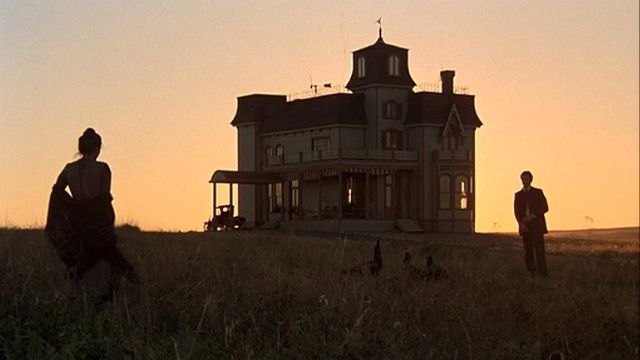
Terrence Malick is one of the most enigmatic figures in the film industry. After Days of Heaven, he ceased to make movies for two full decades until 1998, when he released Thin Red Line. Since then, he has continued working at a pretty solid clip. Days of Heaven remains one of his best, telling the story of a runaway steelworker and his loved ones in rural, pre-war America.
The Hateful Eight (2015)
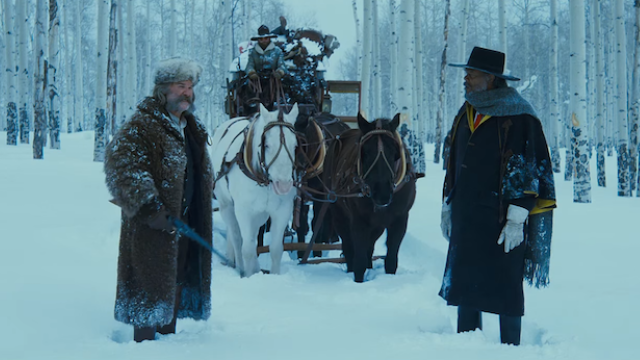
While much of Quentin Tarantino’s career can be interpreted as an extended love letter to the spaghetti western — along with a few other genres — it is no more openly on display than in The Hateful Eight. Who better, to round out his homage, than the composer who defined the music of said genre, Ennio Morricone himself. Its wintry landscape provides the most beautifully-shot film in Tarantino’s body of work.
Salo, or the 120 Days of Sodom (1975)
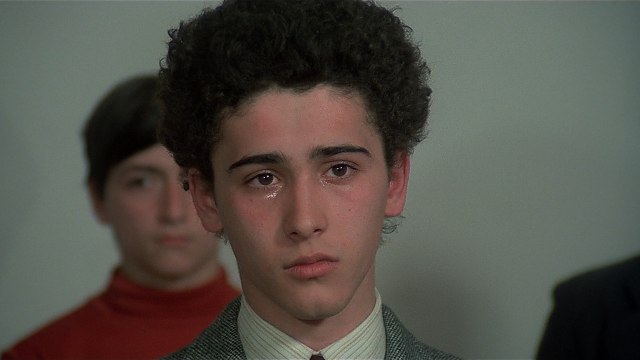
Salo, or the 120 Days of Sodom is a divisive film. It is very explicit. For anyone familiar with the Old Testament of the Bible, this will come as no surprise, as Sodom is one of the cities that the Abrahamic religions’ god punished for its sinful decadence. While the film is not for everyone, it certainly carries a lot of cultural significance. For this reason, it is a part of the Criterion Collection.
The Untouchables (1987)
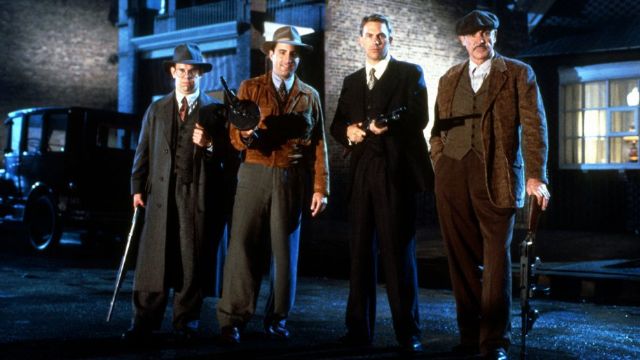
The Untouchables may not be Brian De Palma’s greatest film, but it is nearly flawless front to back. With a script penned by the brash and vulgar David Mamet, it dramatizes the story of a crew of clean cops who seek to take down organized crime boss Al Capone. Kevin Costner, Sean Connery, and Robert de Niro are all in top form, and Morricone is certainly no stooge here either.
We are a participant in the Amazon Services LLC Associates Program, an affiliate advertising program designed to provide a means to earn fees by linking to Amazon.com and affiliated sites.
